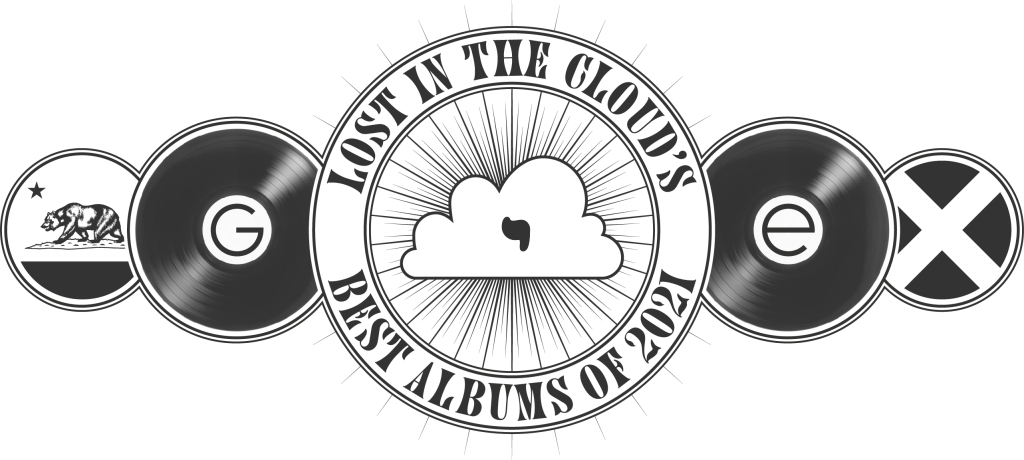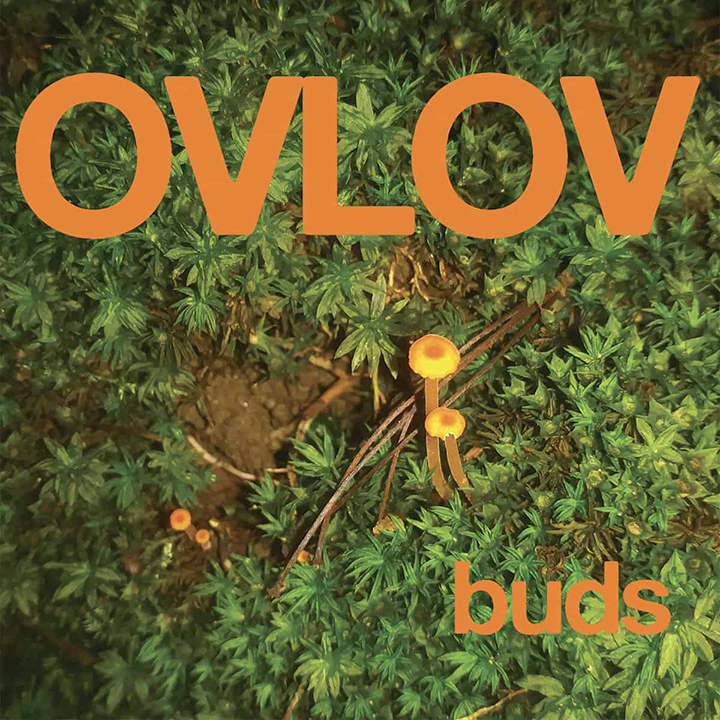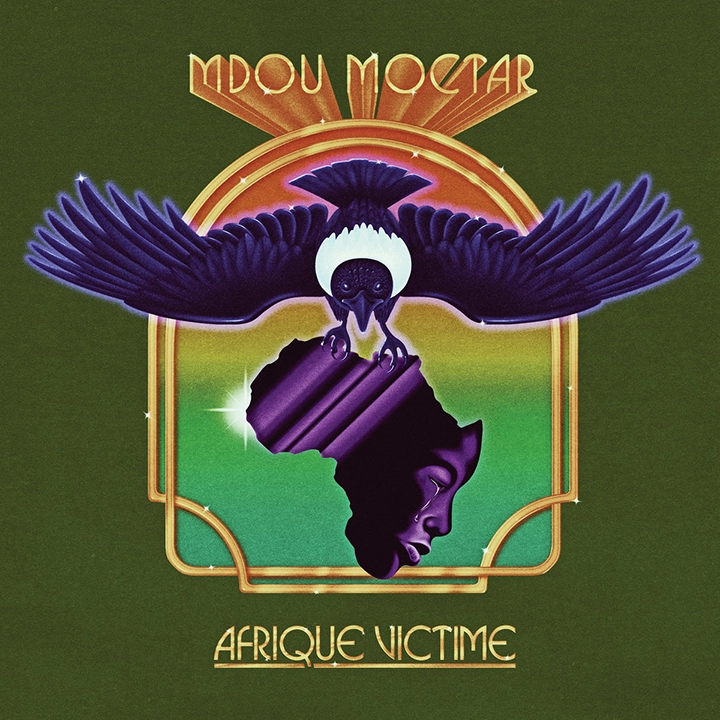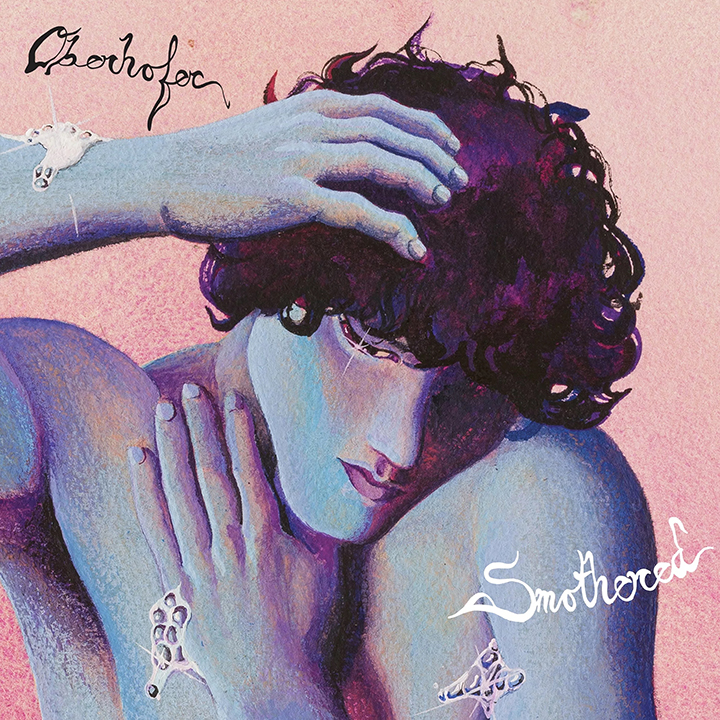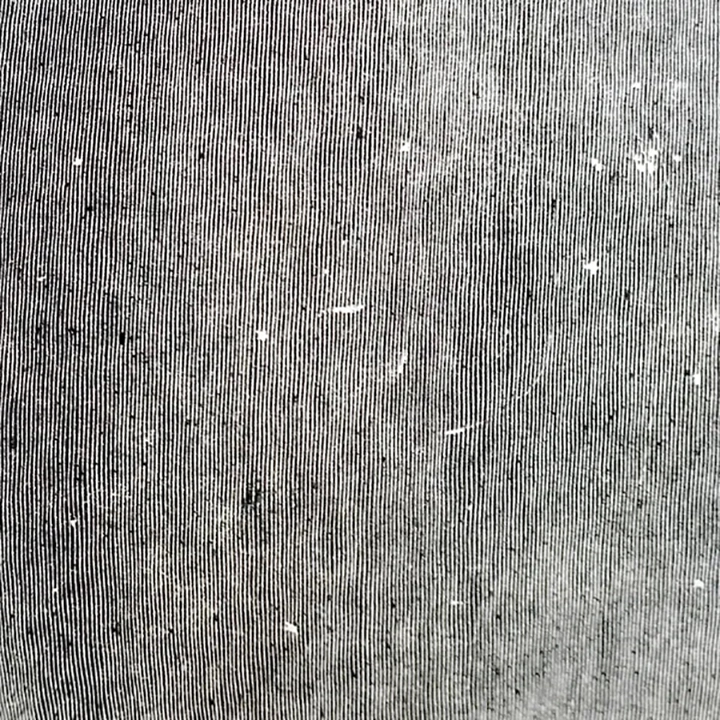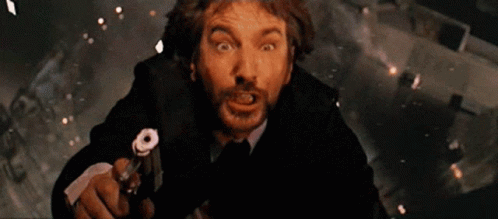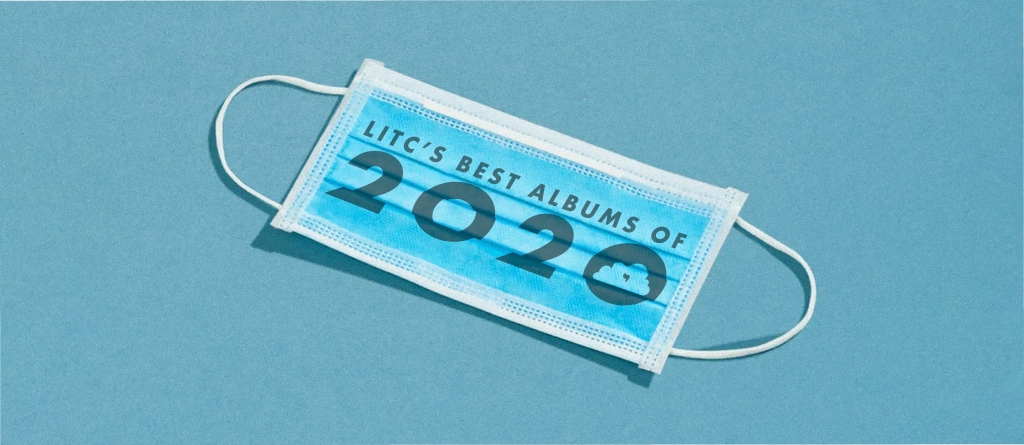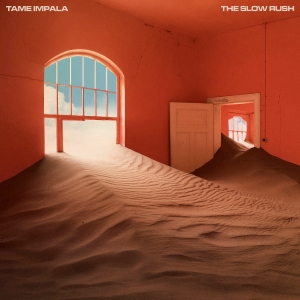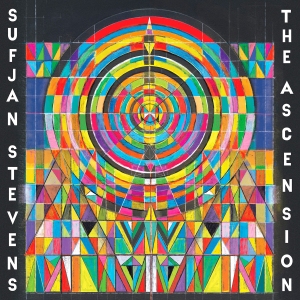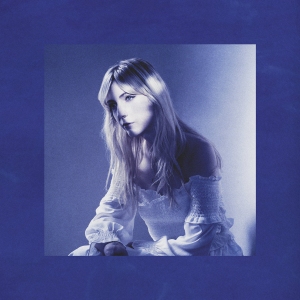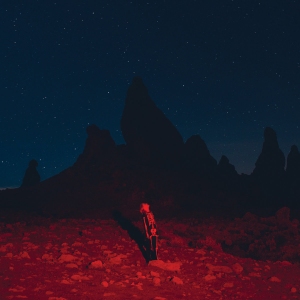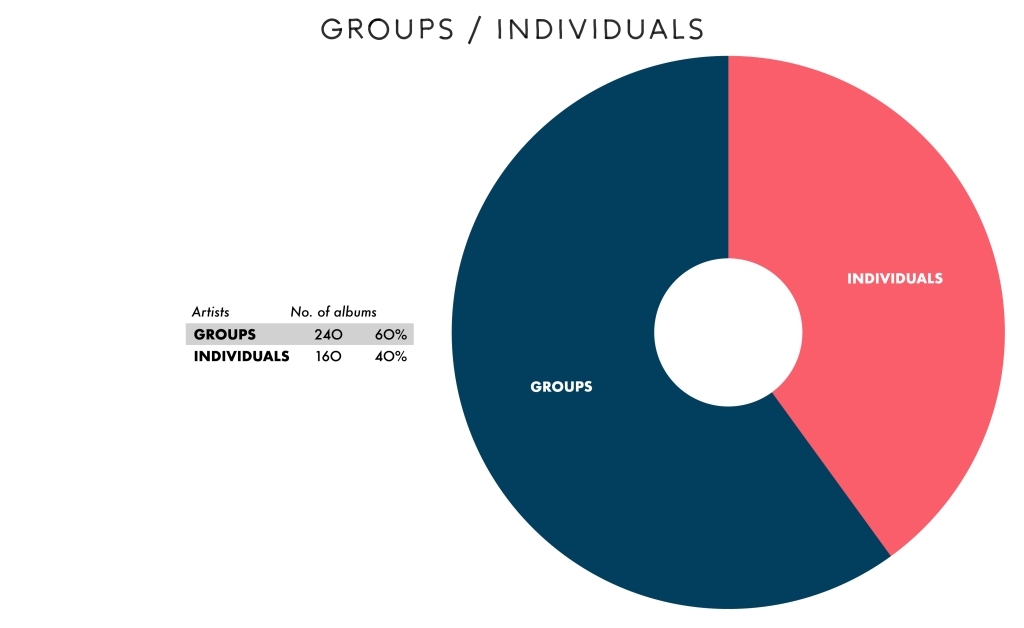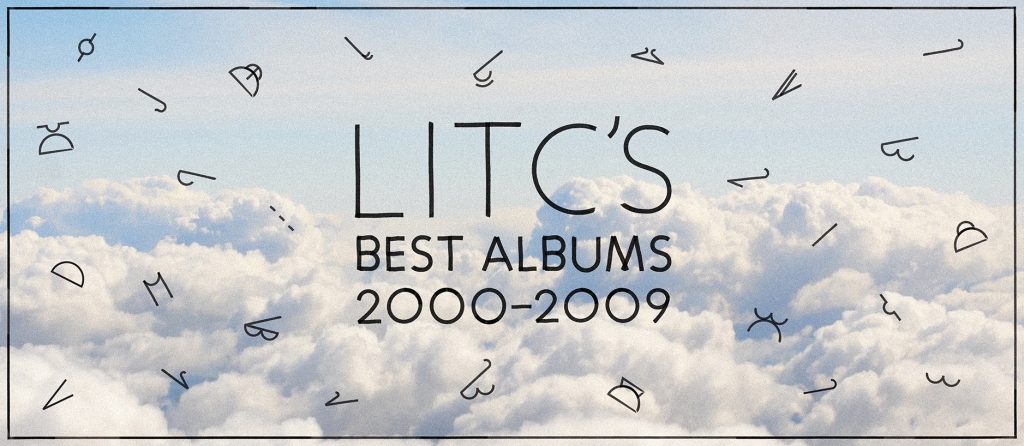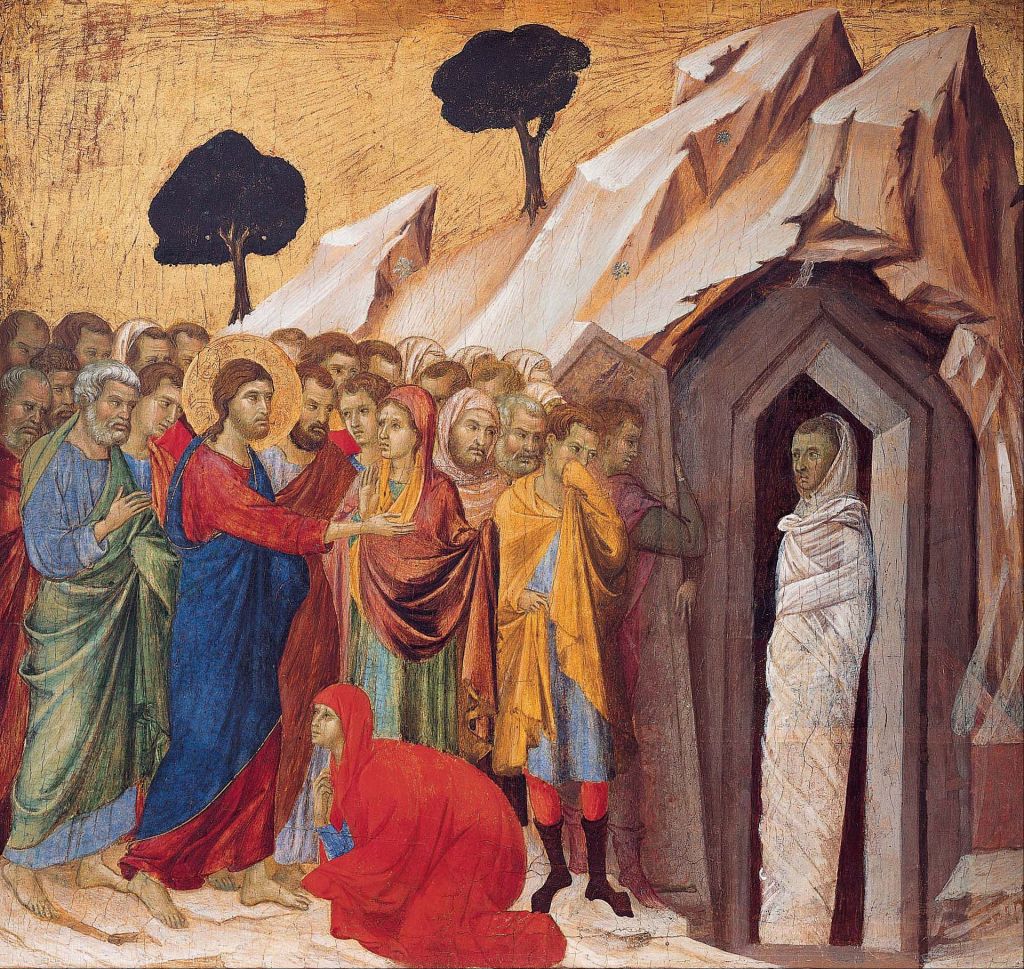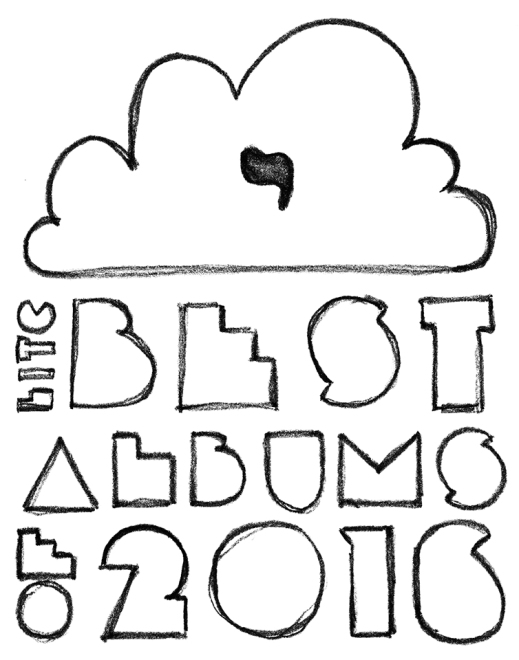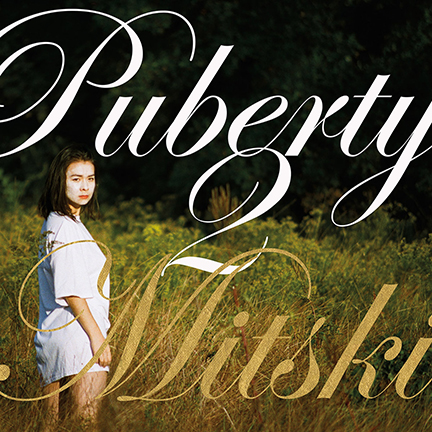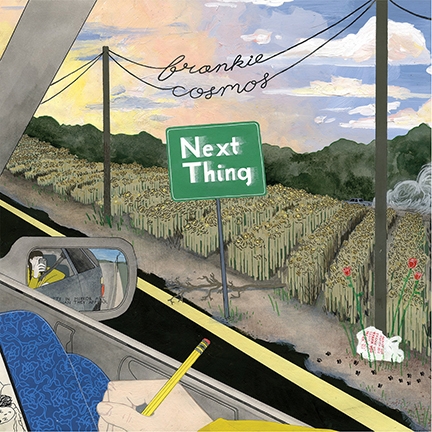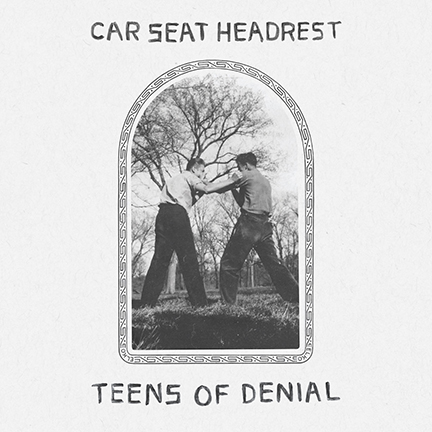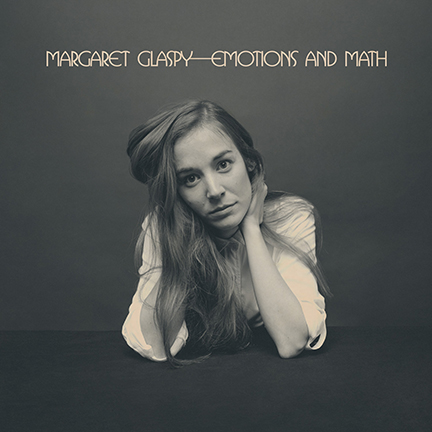‘Make America Great Again’. While this slogan has become synonymous with the political rise of Donald Trump, he is not the first to have used it. During the Third Session of the 76th United States Congress (1940), Republican Senator Alexander Wiley (1884-1967) said it in a speech. It featured in some campaign materials for the 1964 presidential campaign of Republican Barry Goldwater (1909-1998). In his 1980 campaign for president, Republican Ronald Reagan (1911-2004) used the phrase, ‘Let’s Make America Great Again’.
This slogan has not been limited to Republican use. In his 1992 presidential campaign, Democrat Bill Clinton used the phrase in several speeches and reiterated the phrase during Hillary Clinton’s 2008 presidential campaign.
When I think of the politics of ‘again’, I am compelled to reflect on its meaning. If someone is proposing to make America great again, the question arises, ‘When was America great?’
When considering America’s historical greatness, a return to the ‘Founding Fathers’ has become a conservative rally cry. If we are going with the Founding Fathers, we might ask, ‘Who were these people?’ For a start, as the name implies, they were all men. Additionally, they were all white men. Oh, and they were all Protestant (or at least, non-Catholic) white men. Also, they were all Protestant white men from the upper echelons of society.
According to notable American historian Richard B. Morris (1904-1989), the most significant and influential of these white Protestant upper-class men were John Adams (1735-1826), Benjamin Franklin (1706-1790), Alexander Hamilton (c. 1755-1804) John Jay (1745-1829), Thomas Jefferson (1743-1826), James Madison (1751-1836) and George Washington (1732-1799).[1] Of these seven men, five owned enslaved people at various points. Of those five, Franklin’s views tended toward abolitionism by the mid-1760s. In later life, Washington also expressed unease with the institution of slavery. Jay and Madison were owners of enslaved people and Jefferson was perhaps the chief slaver among the Founding Fathers, owning more than 600 enslaved people throughout his lifetime.
A brief aside on the United States Constitution: In short, the United States Constitution is an oddity. Brilliant and revolutionary as it might have been when it came into force in 1789, it is very much a document of the late eighteenth century, warts and all. Consider the opening words, ‘We the people…’ Of course, this really means ‘We the white men…’
The United States Constitution is the oldest national constitution still in use. Some might see that as evidence of its strength. Some might argue that subsequent amendments have made up for any of its weaknesses. A look at the 27 amendments that have been passed by Congress and ratified by the requisite number of states demonstrates how insufficient this procedure is. Between 1971, with the passage of the 26th Amendment (‘The right of citizens of the United States, who are eighteen years of age or older, to vote shall not be denied or abridged by the United States or by any State on account of age’) and the present day, only one other amendment has passed. The 27th Amendment (ratified in 1992) states simply, ‘No law, varying the compensation for the services of the Senators and Representatives, shall take effect, until an election of representatives shall have intervened.’ The Equal Rights Amendment (ERA) was passed by Congress by 1972 and sent to states for ratification. This amendment includes the following three sections:
Section 1. Equality of rights under the law shall not be denied or abridged by the United States or by any State on account of sex.
Sec. 2. The Congress shall have the power to enforce, by appropriate legislation, the provisions of this article.
Sec. 3. This amendment shall take effect two years after the date of ratification.
Although the requisite number of states (38) approved the ERA in January 2020, two deadlines had already passed (1979 and 1982) and the amendment now resides in legal Limbo. Has society changed so little since 1971 that the 27th Amendment has been the only revision suitable for ratification? Maybe the whole project of the United States Constitution requires a revisit…
In the decades between the founding of the United States and the Emancipation Proclamation (1863), political stances concerning the institution of slavery depended largely on economic interests and not on genuine regard for equality. Of course, there were small groups of passionate abolitionists, especially among communities of Quakers. For their part, both Adams and Hamilton abhorred slavery. But it can be argued that the abolitionism of many (if not most) Northern politicians was fuelled by the desire to weaken the power of the Southern states, whose economies depended on the labour of enslaved people.
There seems to be a common myth among conservatives (especially among Confederate sympathisers) that the Civil War was about the rights of states. While this may have some truth, the primary ‘right’ for which the Southern states fought was the ‘right’ to own other human beings. There is no getting around this reality. I argue that the political tensions between the North and the South leading up to the Civil War were, by and large, issues concerning economics and power and at the heart of that, the institution of slavery. I would have to spend hundreds of thousands, perhaps millions of words outlining these tensions, but I will just point to the Three-Fifths Compromise (1787) and Dred Scott v. Sandford (1857) for now. And I have not even mentioned the horrific treatment of Amerindians.
So can we argue that America was great when it was founded? If you are a Protestant white man with economic power, then yes. It is possible that these would have been great times for you.
Still, there are others who wish to show some sensitivity, awareness or at least, nuance and will argue that America was great after the Civil War. Of course, this ‘greatness’ would only be experienced by a select few, namely, white men. It was not until 1870 that black men were given the right to vote. This is not to say that black men were able to vote. Voter suppression has a long and successful history in the United States. This does not even begin to scratch the surface the institutional oppression of people of colour and of women in the United States (de facto institutional segregation endures today). If you, like Donald Trump, Mike Pence, et al, believe that institutional racism in the United States does not exist, consider yourself very fortunate – you have not experienced that reality, at least, not from the perspective of the oppressed. But simply because you do not believe that to be born as a person of colour does not place one at a significant disadvantage does not dismiss this reality for tens of millions of residents of the United States. Maybe it would be enlightening to listen to their stories.
What if we fast-forward to passage of the 19th Amendment (1920)? This gave women the right to vote in the United States. Well, not all women. This was a better time for white women. It was not until the landmark Voting Rights Act (1965) that voting became universal, in theory. Believe it or not, voter suppression continues to this day. It is even touted by the Executive Branch of the US Government: if the Trump Administration is harping on about ‘widespread voter fraud’ concerning to mail-in ballots (a proven myth), why have both Donald Trump and Mike Pence encouraged their followers to turn up at polling stations (where people vote in-person) to intimidate voters?
So when was America great? This seems to be where reasonable discussion really starts to break down. There are plenty of other key political moments before which one might call the greatness of America into question. For example, I am thinking of the Supreme Court’s decision in Roe v. Wade (1973), granting women the right to choose what to do with their bodies and of the long road to the legalisation of same-sex marriage. The issues of women’s rights and the rights of queer people seem to be split right down party lines between the Democrats and the Republicans.
For those who want to ‘make America great again’, here is a question: is America less great when individuals are afforded the rights to choose what they want to do with their own bodies and the freedom to embrace their own sexuality and gender? Perhaps you are a staunch feminist (one who believes that all genders should have equal rights in society) who also believes that a foetus is a living human being and should be afforded all the rights of a human being. I can understand that perspective. That being said, there is nothing in the legalisation of abortion that forces anyone to undergo that traumatising experience against their will. Perhaps if American society cared for people after birth (for example, through proper social and health care), the abortion figures, relatively modest as they are, would change. Of course, I am trying to be as sympathetic to the anti-abortion lobby as possible here since I can comprehend some of the philosophical tensions that can come into play. Still, part of me fears that the issue of abortion in the United States is more tied to fanatical patriarchy (which has hijacked religion) than genuine philosophical reflection.
So you want to make America great again? When was America great? I am of the belief that there has never been a time in American history when more human rights and freedoms (I am assuming that this is a suitable measure of ‘greatness’) have been exercised than in this last decade. This is not to say that America is ‘great’ in the present. I will explain what I mean by this in a moment.
When I think of the politics of ‘again’, I cannot help but believe that anyone who holds to the notion that the United States was once a ‘greater’ nation than it has been in this last decade has not suffered from true, institutional oppression.
I know that Donald Trump has some supporters who are people of colour, who are women, who are working class. One way I believe that he and others like him bid for the affections of certain people groups is through accusing other oppressed people groups of inflicting this oppression. Are you a white, American-born man living in relative poverty? Why not blame this on the immigrants who come into the country to ‘steal your jobs’? (This is not even close to the worst things of which Donald Trump has accused immigrants.) Donald Trump and people like him thrive off of blaming others for society’s shortcomings. Perhaps it is not the immigrants who inflict damage to society (speaking economically, it is a fact that immigrants give far more to society than they take). Perhaps we should turn our gaze toward the powerful who have reaped unimaginable riches from the misfortune of others. What about those financiers who grew more wealthy as the housing market collapsed in 2008, forcing more than 2,000,000 foreclosures? What about the more recent example of Amazon CEO Jeff Bezos, whose wealth has increased by more than $74 billion while American unemployment has skyrocketed? Neo-liberal capitalistic ideals propagate the myth that if one works hard one will receive just compensation – the ‘American Dream’. In reality, individual economic prosperity is more often the result of the circumstances of one’s birth or of random chance. While this lottery plays out, the gap between the wealthy and the poor in the United States continues to increase.
Now I shall explain what I mean by suggesting that America might not be ‘great’ at present through an brief exploration of my personal faith and how it relates to my political views.
Some people might suggest that faith and politics should not mix. While I am in favour of the strict separation of Church and State, this is not because I believe that faith has nothing to say to politics. On the contrary, one of my theological heroes, Uruguayan Jesuit priest and theologian Juan Luis Segundo (1925-1996) argues that the two are bound together:
Every theology is political, even one that does not speak or think in political terms. The influence of politics on theology and every other cultural sphere cannot be evaded any more than the influence of theology on politics and other spheres of human thinking. The worst politics of all would be to let theology perform this function unconsciously, for that brand of politics is always bound up with the status quo.[2]
By ‘theology’, Segundo is referring to the study of the divine – of God and of religion. The issue he has with the ‘status quo’ involves ideology. The status quo is the way things are, the state of affairs. In order to accept the way things are (or indeed, to hope for the way things were), one’s faith has to cohere with the ideologies of the present. For example, my faith compels me to desire equality among all human beings. Where I see inequality, such as racial, gender or sexual inequality, I am compelled to challenge the status quo.
In essence, this comes down to the person of Christ, Jesus of Nazareth. I think of the writings of German philosopher Ernst Bloch (1885-1977). Although an adherent to the Marxism of the Frankfurt School, Bloch took it upon himself to revisit the Bible. In his studies, he did not find the ‘opium of the people’ (‘das Opium des Volkes’) observed by Marx in the Christian religion. While it is an established historical fact that the Christian faith had evolved from its primitive collectivist existence to adopt an institutional hierarchy (the institution against which Marx railed), Bloch finds within the Bible a Christianity that speaks for the oppressed against the status quo. For Bloch, this Christianity is one of atheism, that is, one in which the ideologies of power are challenged for the flourishing of the oppressed. In his 1968 book, Atheismus im Christentum (published in English as Atheism in Christianity in 1972), Bloch makes this case and concludes that, upon analysing the Christian Bible, the reputed motto inscribed on sixteenth-century German peasant leader, Florian Geyer’s sword—‘Nulla crux, nulla corona’, ‘No cross, no crown’—‘could be the motto of a Christianity free, at last, from alienation. And the far-reaching, inexhaustible depths of emancipation in those words could also serve as a motto for a Marxism aware of its depths.’[3]
In a similar way, I see my faith as one of committed and persistent challenge to the status quo. I turn to Jesus. From his birth to his resurrection, he is the living embodiment of what Danish philosopher Søren Kierkegaard (1813-1855) calls ‘the Offense’. While being the ‘God-Man’, Jesus is perceived by onlookers ‘as a mere human individual who comes into collision with the established order.’[4] He is a living affront to those who have most to lose through his existence.
Jesus’ genealogy as recorded in the Gospel of St Matthew (Matthew 1.1-16) mentions five women (an oddity at that time): Tamar, Rahab, Ruth, Bathsheba and Mary. Each one of these women would have been viewed with sexual suspicion, especially in the patriarchal, honour and shame culture of Palestine during the first century. Tamar disguised herself as a sex worker to sleep with her father-in-law (Judah). Rahab was understood to have been a sex worker by trade. Ruth was understood to have entered the bed of a man (Boaz) who was not her husband. Bathsheba fell pregnant with one man (David) while she was still married to another (Uriah). Then there is Mary, who conceived before she was married (Matthew 1.18).
From there, Jesus’ life only grows in offense to the status quo. John the Baptist preceded Jesus, preaching a radical message of the coming Messiah and the kingdom of God. But Jesus’ ministry modelled a Messiah that most religious leaders (including John the Baptist) struggled to accept (Mathew 11.2-19). German Reformed theologian Jürgen Moltmann argues that ‘the appearance and activity of Jesus was a novelty which was bound to arouse resistance.’[5]
Throughout his life and ministry as recorded in the Gospels, Jesus makes speeches and performs actions that outrage the powerful constantly. The incident of his cleansing of the Temple in Jerusalem (Matthew 21.12-17; Mark 11.15-19; Luke 19.45-48; John 2.13-16) is one of the most well-known. Moltmann observes Jesus’ subversion against the national symbols of Israel and argues that ‘in view of the whole of his scandalous message’ it is the condemnation of Jesus as a ‘“blasphemer”, as a demagogic false Messiah’ that ultimately precipitates his execution.[6]
A brief aside on the crucifixion event: It is a common understanding among at least the Evangelical Christian sect that Jesus was crucified because that was God’s plan to save those who choose to believe in Christ from eternal conscious punishment (Hell). I have issues with seeing God’s ‘plan’ in this way. I also have issues with assuming that belief is a choice (the letter to the Church in Asia Minor, known as Ephesians, describes faith as a ‘gift’). At this stage, I will not get too wrapped up exploring my understanding of the nature of belief or of how seeing belief as a choice is actually a form of ‘earning’ the grace of God (I have explored this before). Elsewhere, my blog-mate Greg has explored at least one alternative to the belief in ‘eternal conscious punishment’. For my part—please do not let this put you, dear reader, off—I believe that the grace and love of God is so enormous that the inheritance of the kingdom of God is for all of us dirty sinners. What I really want to say here is that Jesus was crucified because he opposed the powerful. The build-up to his crucifixion is observed throughout the Gospels. Jesus says or does something, the powerful are offended and seek to have him killed. It happens again and again until, at last, they stir up a crowd in a murderous fervour and appeal to their Roman enemy—another insecure power broker—to send him to the cross. Food for thought.
And yet, Jesus’ subversive work did not end with his crucifixion. His next great affront to the status quo, according to the Gospels, was to subvert death itself through his resurrection.
Please trust me when I express that I could spend a lifetime exploring the profound political implications found in every aspect of the life and ministry of Jesus of Nazareth. If you are interested in testing this for yourself, I encourage you to give the Gospels a read (or a re-read with fresh eyes).
The early Christians were similarly revolutionary. They sold all of their possessions and ‘had all things in common’ (Acts 2.44). Their existence promoted equality among all people: ‘There is no longer Jew or Greek, there is no longer slave or free, there is no longer male and female; for all of you are one in Christ Jesus’ (Galatians 3.28). Their faith was so disruptive to the status quo of the Roman Empire that they became enemies of the State. Their very existence was seen as a threat to the security of the Roman Empire – the preservation of their Roman ‘way of life’ (including patriarchy and its corresponding institutional slavery and sexism). They were forced to gather in secret and faced imprisonment, torture and death for their counter-cultural faith.
The issue of faith and politics, in a superficial and highly problematic sense, seems to appeal to the ‘Make America Great Again’ crowd. I have heard it said that ‘America is a Christian nation’ or ‘America used to be a Christian nation’. These views have been expressed by Donald Trump in one form or another. I have several serious concerns regarding this characterisation because of its association of Christianity with the status quo (whether presently or historically). I do not believe that any country can be called a ‘Christian nation’ as I do not believe that Christianity is bound to any human institution (Christendom ≠ Christianity). I believe that Christianity exists to make the kingdom of God a reality for the flourishing of all people and no amount of legislation can make that happen. In other words, no individual, no society, no institution, no government is so perfect that it evades serious, foundational challenge from the Gospel of Christ. This is not to say that individuals, societies, institutions and governments cannot reach for the ideals of the kingdom of God. But this ideal will never be achieved so long as people are governed by insecurity, selfishness and a lust for power and wealth.
Therefore, I believe that the ‘Christian position’ (if such a thing can exist) is one of perpetual opposition. This is not opposition to reason, justice, equity, sound science, etc. Instead, the Christian position reads the ‘signs of the times’ and, through critical reflection, considers how the Gospel of Christ speaks to the present. The Christian position is one that looks at the bodies of murdered people of colour and shouts, ‘Never again!’ The Christian position is one that looks at mass incarceration and shouts, ‘No more!’ The Christian position looks at extravagant wealth in the midst of obscene poverty and shouts, ‘Not on our watch!’ The Christian position looks at the exploitation of the natural world—God’s world—and shouts, ‘We must all change how we live!’ The Christian position is glad to share. The Christian position does not put any one nation ‘first’. The Christian position is desperate for the liberation of all humans from every form of oppression. The Christian position is not afraid of being challenged, of growing, of evolving, because it is self-consciously aware of its own shortcomings, its own inability to get everything right. The Christian position is a perpetual student and servant of the oppressed. The more I expound this ‘Christian position’ the more I see St Paul’s words from his first letter to the Church in Corinth:
If I speak in the tongues of mortals and of angels, but do not have love, I am a noisy gong or a clanging cymbal. And if I have prophetic powers, and understand all mysteries and all knowledge, and if I have all faith, so as to remove mountains, but do not have love, I am nothing. If I give away all my possessions, and if I hand over my body so that I may boast, but do not have love, I gain nothing.
Love is patient; love is kind; love is not envious or boastful or arrogant or rude. It does not insist on its own way; it is not irritable or resentful; it does not rejoice in wrongdoing, but rejoices in the truth. It bears all things, believes all things, hopes all things, endures all things.
Love never ends. But as for prophecies, they will come to an end; as for tongues, they will cease; as for knowledge, it will come to an end. For we know only in part, and we prophesy only in part; but when the complete comes, the partial will come to an end. When I was a child, I spoke like a child, I thought like a child, I reasoned like a child; when I became an adult, I put an end to childish ways. For now we see in a mirror, dimly, but then we will see face to face. Now I know only in part; then I will know fully, even as I have been fully known. And now faith, hope, and love abide, these three; and the greatest of these is love.[7]
The Christian position is embodied in the person of Christ, the broken, subversive, oppositional Saviour, the Jesus of Nazareth who is the name of love.
Among people in the United States who wish to discredit my political beliefs, I have often heard, ‘You don’t know – you don’t live here.’ The latter part of that statement is true. I have not resided in the United States for over a decade. Some argue that this puts me at a serious disadvantage with regard to meaningful engagement with the political discourse in the United States. While I cannot discount the possibility that I might not have first-hand knowledge of some contemporary experiences, I did spend the majority of my life in the United States. Although my views have continued to grow and change over the years (thanks be to God), some of my most enduring beliefs took root while I was very much a resident of the United States. Additionally, I believe that as someone who has lived outside of the United States for more than a decade, I have reasonable experience of life elsewhere. I believe that this has broadened my perspective. This is not to say that I believe things are all hunky dory where I live now. My oppositional views are not reserved for the United States. I can see both positives and negatives in my adopted country.
On the most basic level, when criticised for living elsewhere, I reiterate that I am a citizen of the United States and I have every right of a citizen of the United States, including the right and civic duty to vote. Having expressed this, my honest admission is that I have not always felt compelled to vote in United States elections since living abroad. This is partly because I was confident in the voting trends of the constituency where I have been registered for more than 16 years. Of course, this is not an excuse, but more of an explanation. If large swathes of society chose not to vote because they believed that their constituency would vote the way they wanted, then very few people would turn up and democracy would be undermined. Mind you, I believe that the Electoral College has already done a stellar job of undermining democracy, at least in terms of presidential elections. The reality that the person with the most representation at the polls is not necessarily the person who wins an election might be quite discouraging for many.
One of the most damning realities that I have faced in choosing to participate fully in this upcoming election is the fact that in 2016, Hillary Clinton received 65,853,514 votes, Donald Trump received 62,984,828 votes around 100,000,000 eligible voters did not participate. Two out of every five eligible voters did not turn up. I am but one person, but I am one of those 100,000,000. I have not lost any sleep over it, but those figures are enough for me to step up and battle through the awkward bureaucratic hoops required in order to vote from abroad.
Perhaps, dear reader, you have read this and think, ‘Obvious Democrat’ or ‘Obvious Republican’. Maybe the latter is less likely. For the record, I oppose both parties. That is not to say that my idealism overrides my pragmatism with regard to this election. I did cast what might be considered a ‘protest vote’ in 2012. This was not because I was especially unhappy with the Obama Administration at that time (I was unhappy, but I would have been even more discontent with a Romney-Ryan Administration). I voted for Jill Stein, ill-equipped as she might have been, because I had grown very tired of a two-party system where both of those parties are not so far from one another as they would like to believe. And while I believe that, in general, the Democrats and Republicans are different shades of the same political ideology on a broad political spectrum, there has been a vocal shift to the right in the American political landscape over the last decade or so. This is toward a bankrupt politics of ‘again’.
This shift right is not the result of an increased political literacy. Reactionary right-wing language has become normalised by Donald Trump. He views immigrants, especially those who are also people of colour, with disdain. He demonstrates routine bigotry against anyone who is not like him – namely, women and people of colour. He uses derogatory language and tone against other nations, such as China. He acts like a bully toward anyone who might dare to disagree with him. He threatens the free press. He perpetuates conspiracy theories. He refuses to condemn all forms of white supremacy in no uncertain terms. He rejects scientific consensus when it conflicts with his pandering to the powerful. (This has played out in his dangerous environmental policies as well as his handling of the COVID-19 pandemic.) I cannot trust a person who uses superlatives as loosely as he does. Everything he inherited as president was the ‘worst’, everything he has done has been the ‘best’. He has done ‘more’ for people of colour and for women than any other president in history. Is it not the right of these groups to decide who has done the most for them? At best, Donald Trump is an obscene braggart.
Donald Trump cannot be blamed for the whole of this mean-spirited and deluded political climate. With few exceptions, those from Donald Trump’s own party who once opposed him have thrown their support behind him with reckless abandon. They have adopted his language and demeanour. They have ‘sold their souls’ for a seat at his table.
This is not a rally cry to oppose Donald Trump or the Republican Party. I know that the majority of Americans have already decided who they want in office for the next four years. I only hope that in sharing my thoughts here—random and disjointed as they may be—that some people might be encouraged to keep up with the wrestle between politics and faith (or any other ideology).
I have already cast my ballot for this election. I have researched all of the local measures and candidates. I can only say that I have voted out of a conviction that my faith compels me to challenge all forms of oppression and injustice. I hope that people of all faiths and no faith have done or will do the same.
[1] Richard B. Morris, Seven Who Shaped Our Destiny: The Founding Fathers as Revolutionaries (New York: Harper & Row, 1973).
[2] Juan Luis Segundo, The Liberation of Theology, trans. John Drury (Dublin: Gill and Macmillan, 1977), 74.
[3] Ernst Bloch, Atheism in Christianity, trans. J. T. Swann (London: Verso, 2009), 256.
[4] Søren Kierkegaard, Training in Christianity and the Edifying Discourse Which ‘Accompanied’ It, trans. Walter Lowrie (New York: Vintage, 2004), 71.
[5] Jürgen Moltmann, The Crucified God: The Cross of Christ as the Foundation and Criticism of Christian Theology, trans. R. A. Wilson and John Bowden (London: SCM, 1974), 128.
[6] Ibid.
[7] 1 Corinthians 13 (NRSV).


